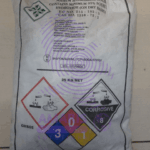
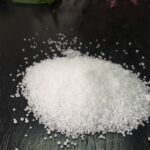
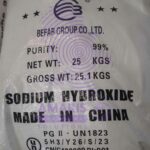
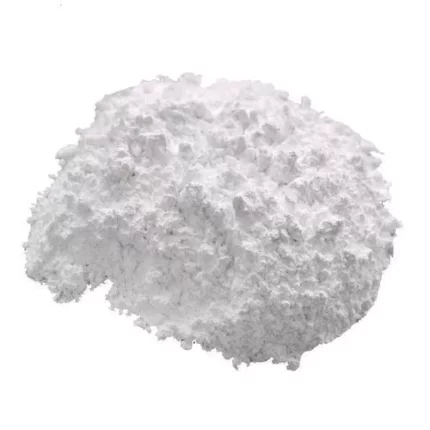
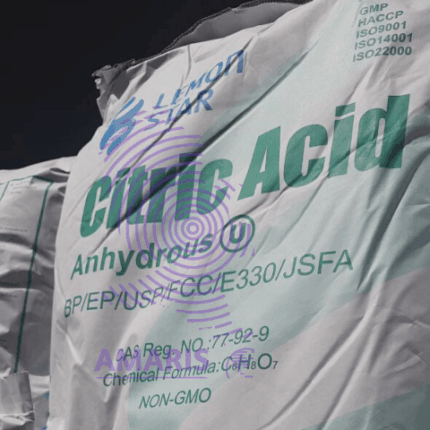
Caustic Soda Pearls
$7,000.00 Original price was: $7,000.00.$6,500.00Current price is: $6,500.00.
Caustic Soda Pearls is a highly caustic and alkaline compound that is used in various industries for its strong basic properties, including the production of soaps, detergents, and paper. It is a white, odorless solid that is highly soluble in water and can be extremely hazardous if not handled properly. Sodium hydroxide is a strong base that can cause severe burns and tissue damage upon contact with skin and other organic matter.
Caustic soda Pearls Uses
Primary Uses of Caustic Soda Pearls
1. Chemical Manufacturing
- Soap & Detergent Production: Key ingredient in saponification(converting fats/oils into soap).
- Surfactants & Cleaning Agents: Used in liquid detergents, degreasers, and industrial cleaners.
- Organic Synthesis: Produces plastics (PVC), pharmaceuticals, and dyes.
2. Water & Wastewater Treatment
- pH Neutralization: Adjusts acidic water in drinking water plants & industrial effluents.
- Heavy Metal Removal: Precipitates toxic metals (e.g., lead, mercury) from wastewater.
3. Food Industry (Food-Grade NaOH)
- Food Processing: Used in olive curing, pretzel lye dipping, and cocoa processing.
- Equipment Sanitization: Sterilizes tanks & pipelines in breweries, dairy, and bottling plants.
4. Pulp & Paper Industry
- Kraft Process: Breaks down wood into pulp for paper production.
- Bleaching & Recycling: Removes ink and whitens recycled paper.
5. Textile Industry
- Mercerization: Treats cotton to improve strength, dye absorption, and luster.
- Fabric Scouring: Removes natural waxes and impurities from fibers.
6. Petroleum & Biofuel Production
- Petroleum Refining: Neutralizes acidic compounds in crude oil.
- Biodiesel Catalyst: Facilitates transesterification(converting vegetable oils into biodiesel).
7. Aluminum Production
- Bayer Process: Extracts alumina (Al₂O₃)from bauxite ore.
Secondary Uses of Caustic Soda Pearls
1. Drain & Pipe Cleaning
- Dissolves grease, hair, and organic clogsin plumbing systems.
2. Glass Manufacturing
- Helps melt silica for glass production and etching.
3. Rubber & Plastic Industry
- Vulcanization of rubberand recycling of plastics.
4. Pharmaceuticals & Cosmetics
- Used in drug synthesis(e.g., aspirin, anticoagulants).
- Found in hair relaxers and depilatory creams(regulated use).
5. Laboratory & Analytical Chemistry
- pH adjustment, titration, and chemical testing.
6. Metal Processing & Electroplating
- Cleans and treats metal surfaces before coating.
7. Agriculture (Limited Use)
- Adjusts soil pH in controlled farming applications.
| AVAILABLE PACK SIZE |
25kg( Metal or Plastic Jerrycan/ Bucket, Bag, Box, Polythene bag, Carton bag) |
|---|
1. Basic Identification Attributes
- Chemical Name:Sodium Hydroxide
- Common/Trade Names:Caustic Soda Pearls, Sodium Hydrate Beads
- CAS Number:1310-73-2
- HS Code:11.00
- Molecular Formula:NaOH
- Synonyms:Lye Pearls, Beaded Caustic Soda
2. Physical & Chemical Properties
- Physical State:White spherical beads (0.5-2mm diameter)
- Color & Odor:White to off-white, odorless
- Boiling Point:1,388°C (decomposes)
- Melting Point:318°C
- Bulk Density:1-1.3 g/cm³ (vs 2.13 g/cm³ solid)
- Solubility:
- 109 g/100ml water at 20°C (exothermic)
- Solubility in methanol: 23.8 g/100ml
- pH Level:14 (0.1% solution = pH 13)
- Hygroscopicity:Absorbs 50% weight in H₂O at 80% RH
3. Safety & Hazard Attributes
- GHS Classification:
- Category 1 Skin Corrosion
- Category 1 Eye Damage
- NFPA 704:
- Health 3 | Flammability 0 | Reactivity 1
- Reactivity Hazards:
- Aluminum: 2NaOH + 2Al + 2H₂O → 2NaAlO₂ + 3H₂↑ (explosive)
- Chlorinated solvents: Dehydrohalogenation risk
4. Storage & Handling Attributes
- Packaging:
- 25kg PE-lined woven bags
- 500kg super sacks (moisture barrier)
- Shelf Life:2 years in original packaging
- Handling Equipment:
- Nickel or stainless steel tools
- Avoid brass/aluminum components
Personal Protection
- Respiratory Protection: Use an NIOSH-approved respiratorwith an acid gas/organic vapor cartridge if dust or mist is present.
- Eye Protection: Chemical splash goggles + face shield(mandatory—risk of blindness).
- Skin Protection: Neoprene or nitrile gloves+ PVC/rubber apron + chemical-resistant boots.
- General Hygiene: No eating/drinking/smokingin work areas. Emergency eyewash/shower must be accessible.
Handling & Storage
- Store in cool, dry, well-ventilatedareas in airtight, corrosion-resistant containers (HDPE/PP/stainless steel).
- Keep away from acids, metals (e.g., aluminum), and organic materials(risk of violent reactions).
- Use non-sparking toolsand grounding to prevent static buildup.
- NEVER add water to NaOH—always add NaOH to water slowly (exothermic reaction).
Spill Management
- Small spills: Cover with dry sand or vermiculite, then neutralize with weak acetic acid or citric acidbefore disposal.
- Large spills: Evacuate area, contain spill, and call HazMat. Prevent runoff into drains (highly corrosive to pipes).
Inhalation (Dust/Mist)
- Move to fresh air immediately.
- Administer oxygenif breathing is difficult.
- Seek emergency medical care(risk of pulmonary edema).
Skin Contact
- Remove contaminated clothing immediately.
- Rinse with copious water for ≥15 minutes.
- Wash with mild soap(neutral pH).
- Urgent medical attentionrequired for burns (may appear delayed).
Eye Contact
- Flush eyes with lukewarm water for ≥30 minutes, holding eyelids open.
- EMERGENCY MEDICAL ATTENTION REQUIRED(alkali burns cause permanent damage).
Ingestion
- Do NOT induce vomiting(risk of esophageal perforation).
- Rinse mouth with water or milk(if conscious).
- Immediate hospitalization
Fire Characteristics
- Non-flammable, but reacts violently with water, acids, and metals, releasing heat and flammable hydrogen gas.
- Decomposes at high temperatures, producing toxic fumes (sodium oxide).
Extinguishing Media
- Use dry chemical powder (Class D), sand, or graphitefor surrounding fires.
- NEVER use water, CO₂, or foam(may intensify reaction).
Firefighter Protection
- Full chemical-resistant suit+ SCBA.
- Fight fire from upwind and a safe distance.
- Cool nearby containers with water spray(avoid direct contact with NaOH).

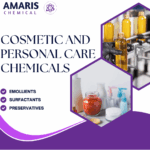
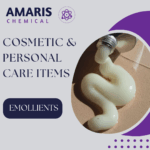 Emollients
Emollients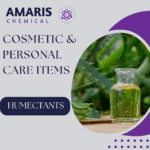 Humectants
Humectants UV Filters
UV Filters Surfactants (cosmetic)
Surfactants (cosmetic) Preservatives (cosmetic)
Preservatives (cosmetic) Fragrances and Essential Oils
Fragrances and Essential Oils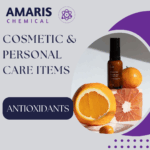 Antioxidants (cosmetics)
Antioxidants (cosmetics)
 Solvents (lab)
Solvents (lab) Chromatography Chemicals
Chromatography Chemicals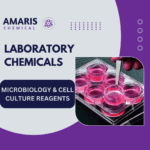 Microbiology and Cell Culture Reagents
Microbiology and Cell Culture Reagents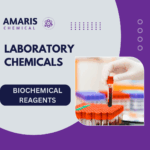 Biochemical Reagents
Biochemical Reagents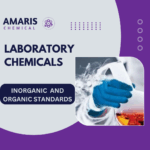 Inorganic and Organic Standards
Inorganic and Organic Standards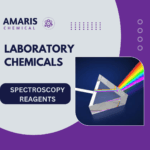 Spectroscopy Reagents
Spectroscopy Reagents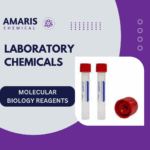 Molecular Biology Reagents
Molecular Biology Reagents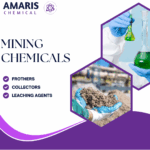
 Precious Metal Extraction Agents
Precious Metal Extraction Agents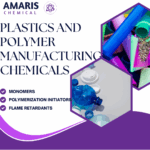
 Plasticizers
Plasticizers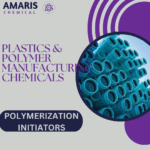 Polymerization Initiators
Polymerization Initiators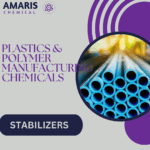 Stabilizers
Stabilizers Monomers
Monomers Fillers and Reinforcements
Fillers and Reinforcements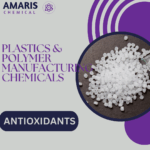 Antioxidants (plastics)
Antioxidants (plastics)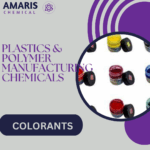 Colorants (plastic pigments,Dyes)
Colorants (plastic pigments,Dyes)
 Fertilizers
Fertilizers Plant Growth Regulators
Plant Growth Regulators Soil Conditioners
Soil Conditioners Animal Feed Additives
Animal Feed Additives Biostimulants
Biostimulants
 Dough Conditioners
Dough Conditioners Flour Treatments
Flour Treatments Fat Replacers
Fat Replacers Preservatives (baking)
Preservatives (baking)
 Surfactants (cleaning)
Surfactants (cleaning) Builders
Builders Bleaching Agents
Bleaching Agents Enzymes
Enzymes Solvents (cleaning)
Solvents (cleaning) Fragrances
Fragrances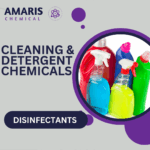 Disinfectant
Disinfectant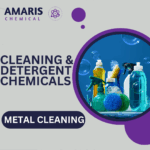 Metal cleaning
Metal cleaning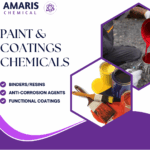
 Binders/Resins
Binders/Resins Pigments
Pigments Solvents (paint)
Solvents (paint) Additives
Additives Driers
Driers Anti-Corrosion Agents
Anti-Corrosion Agents Specialty Coatings
Specialty Coatings Functional Coatings
Functional Coatings Application-Specific Coatings
Application-Specific Coatings
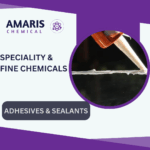 Sealants and Adhesives
Sealants and Adhesives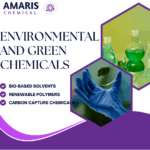
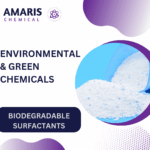 Biodegradable Surfactants
Biodegradable Surfactants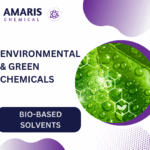 Bio-based Solvents
Bio-based Solvents Renewable Polymers
Renewable Polymers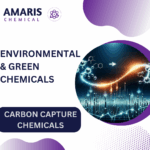 Carbon Capture Chemicals
Carbon Capture Chemicals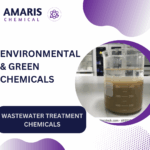 Wastewater Treatment Chemicals
Wastewater Treatment Chemicals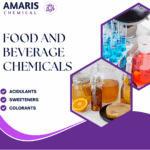
 Preservatives (food)
Preservatives (food) Flavor Enhancers
Flavor Enhancers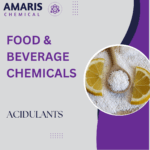 Acidulants
Acidulants Sweeteners
Sweeteners Emulsifiers
Emulsifiers Antioxidants (food)
Antioxidants (food) Colorants (food)
Colorants (food) Nutrient Supplements
Nutrient Supplements Nutraceutical Ingredients
Nutraceutical Ingredients
 Fresh Herbs
Fresh Herbs Whole Spices
Whole Spices Ground Spices
Ground Spices Spice Blends
Spice Blends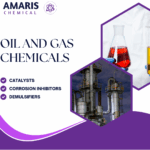
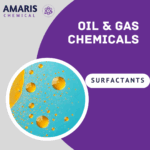 Surfactants(oil)
Surfactants(oil)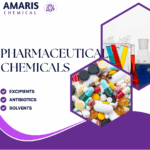
 Antibiotics
Antibiotics Active Pharmaceutical Ingredients
Active Pharmaceutical Ingredients Excipients
Excipients Vaccine Adjuvants
Vaccine Adjuvants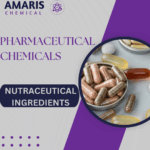 Nutraceutical Ingredients
Nutraceutical Ingredients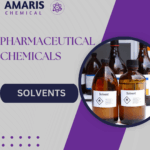 Solvents (pharmaceutical)
Solvents (pharmaceutical)
 Automotive chemicals
Automotive chemicals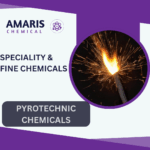 Pyrotechnic Chemicals
Pyrotechnic Chemicals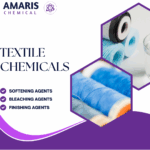
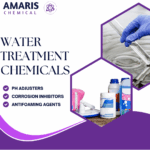

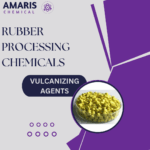 Vulcanizing Agents
Vulcanizing Agents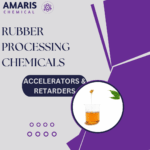 Accelerators & Retarders
Accelerators & Retarders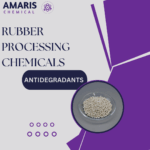 Antidegradants
Antidegradants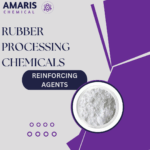 Reinforcing Agents
Reinforcing Agents Plasticizers & Softeners
Plasticizers & Softeners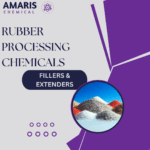 Fillers & Extenders
Fillers & Extenders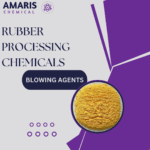 Blowing Agents
Blowing Agents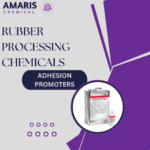 Adhesion Promoters
Adhesion Promoters
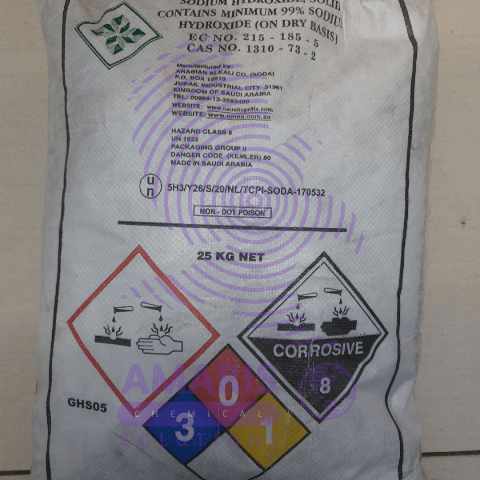
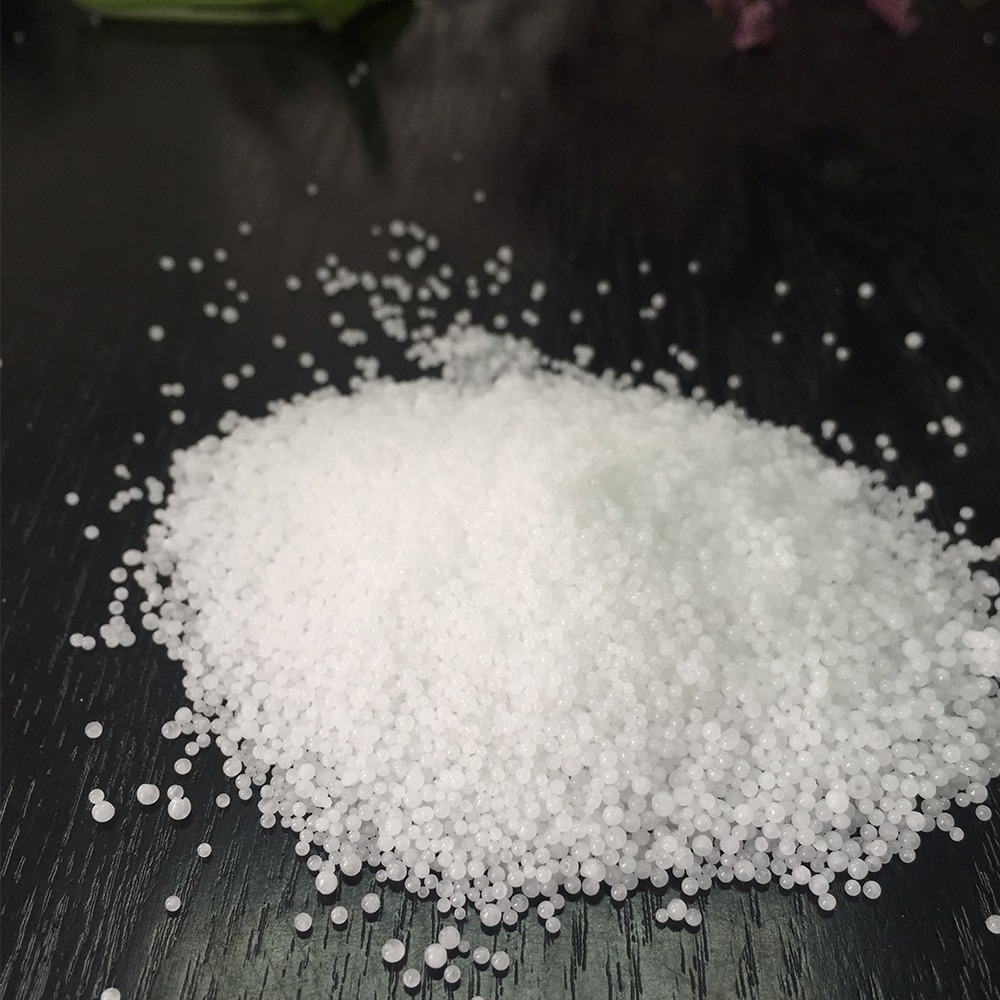
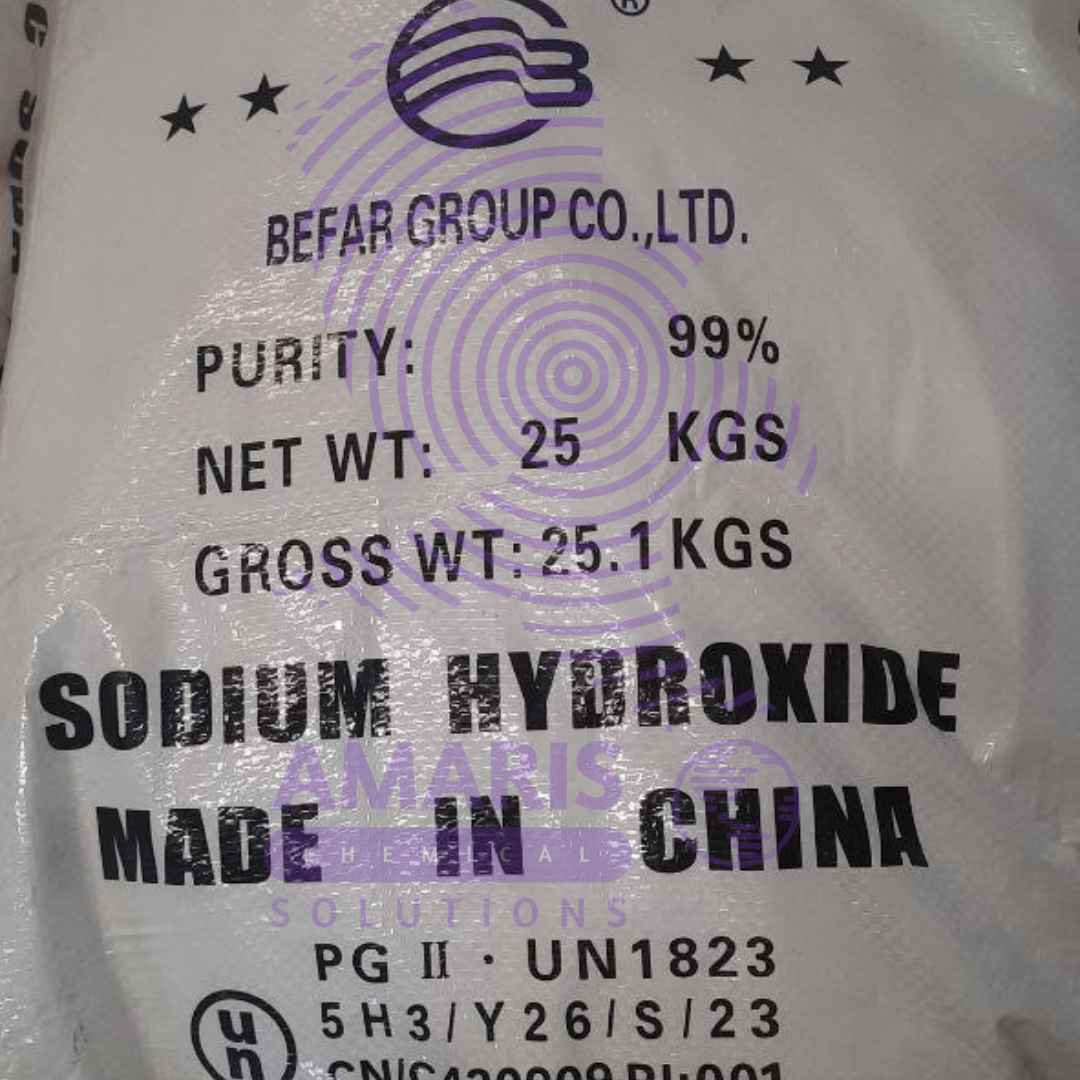
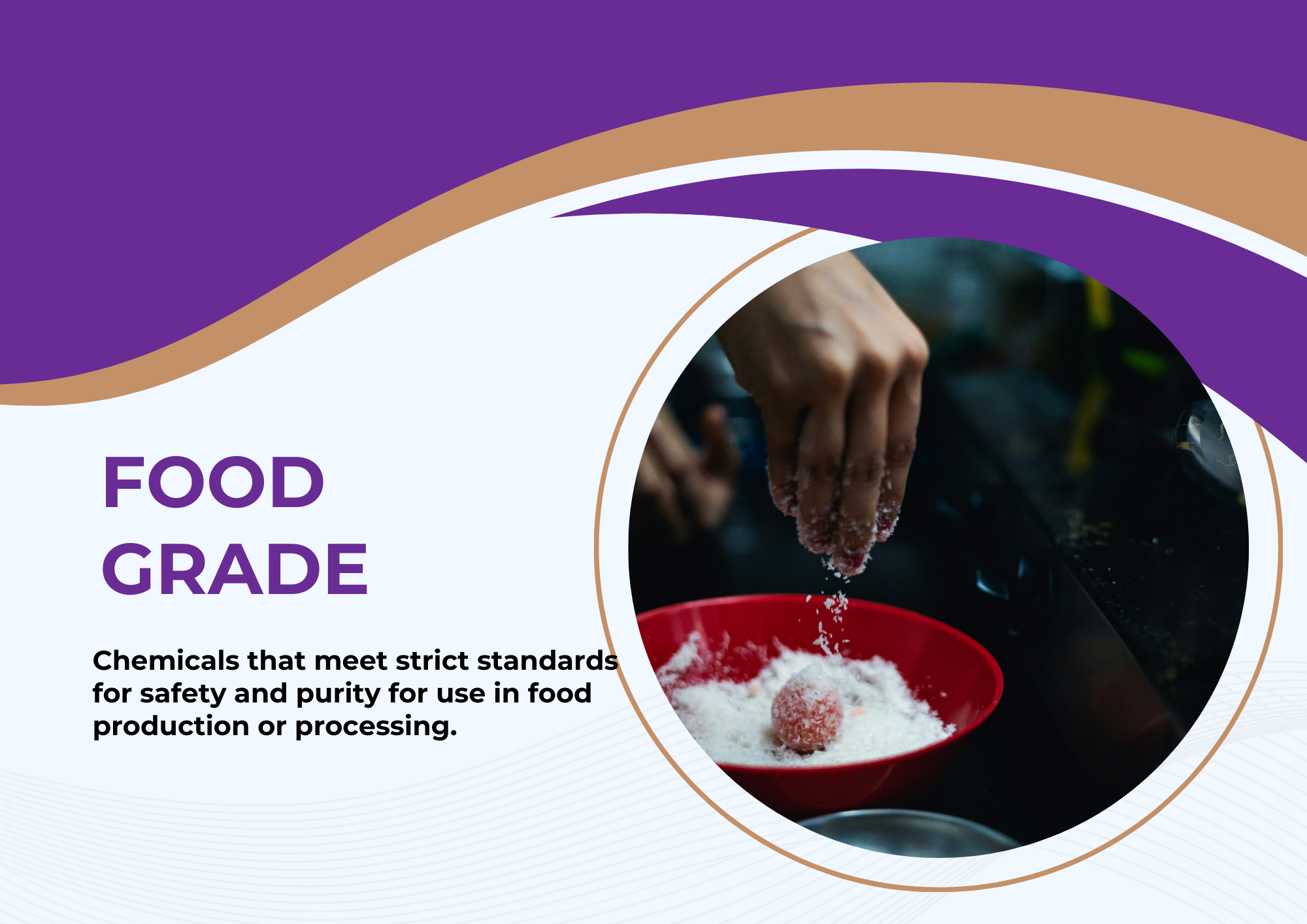

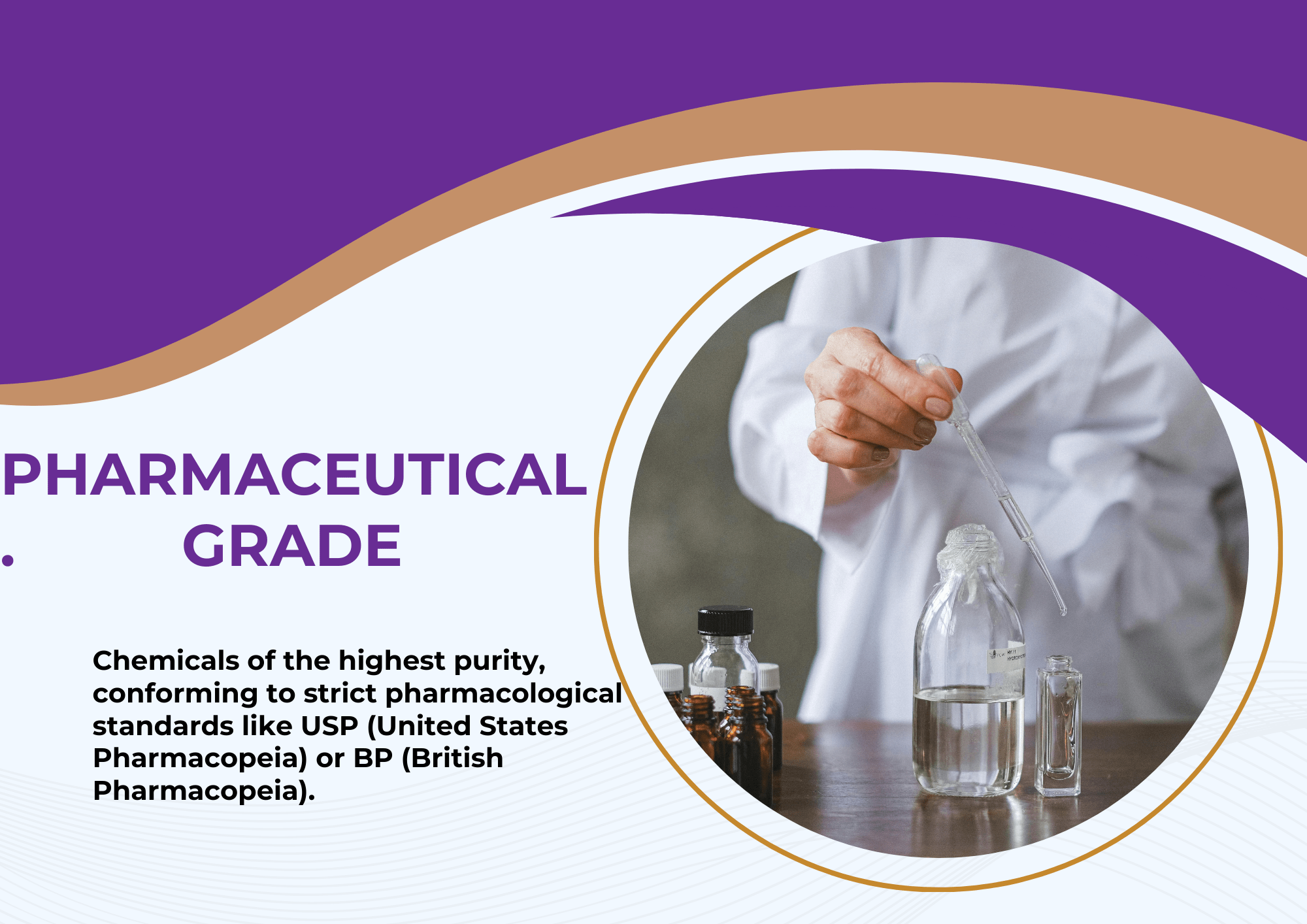
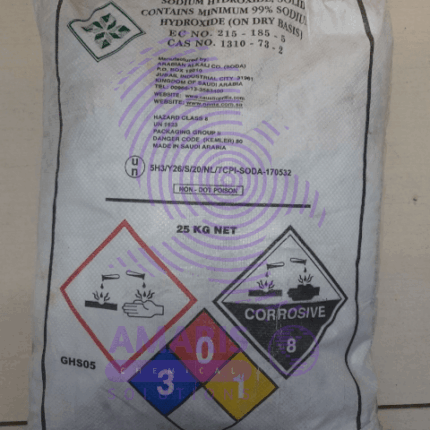
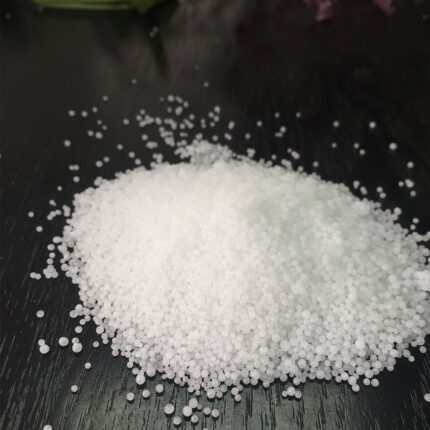
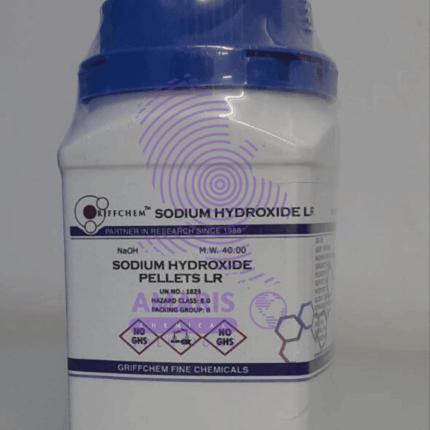

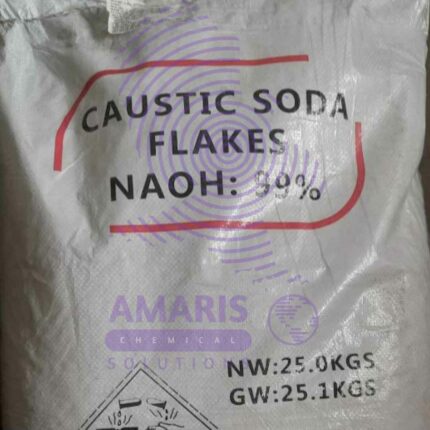
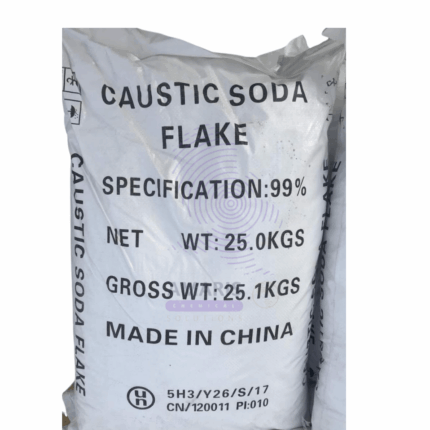

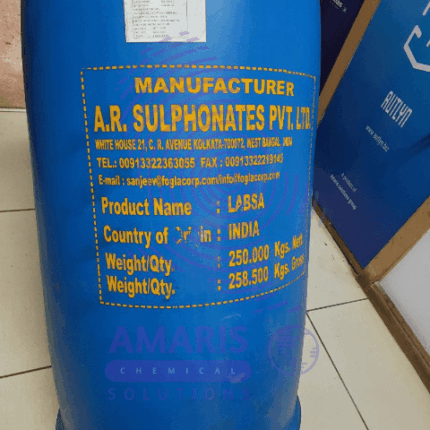

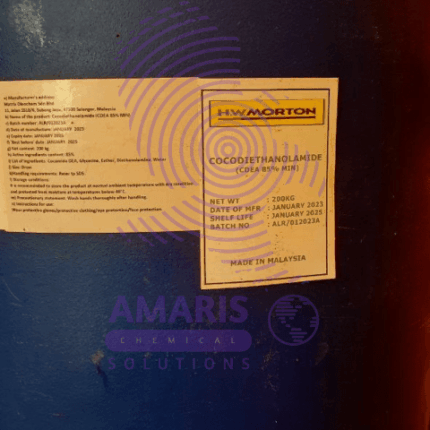
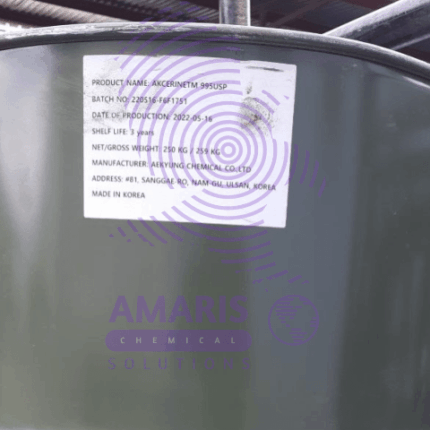
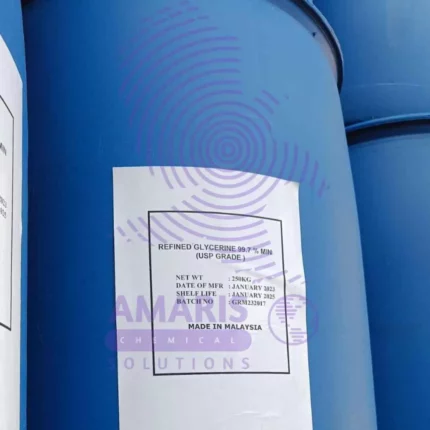
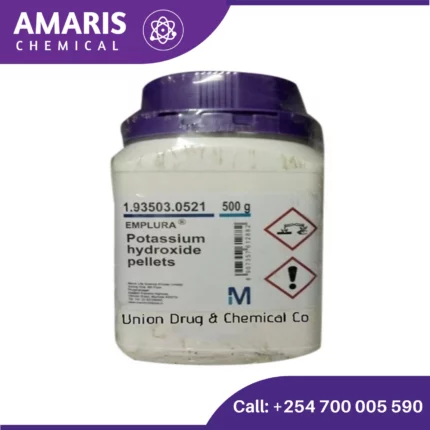
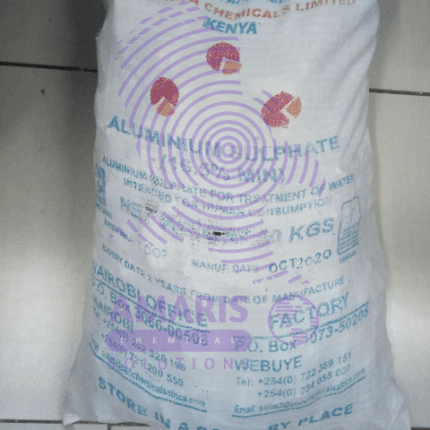
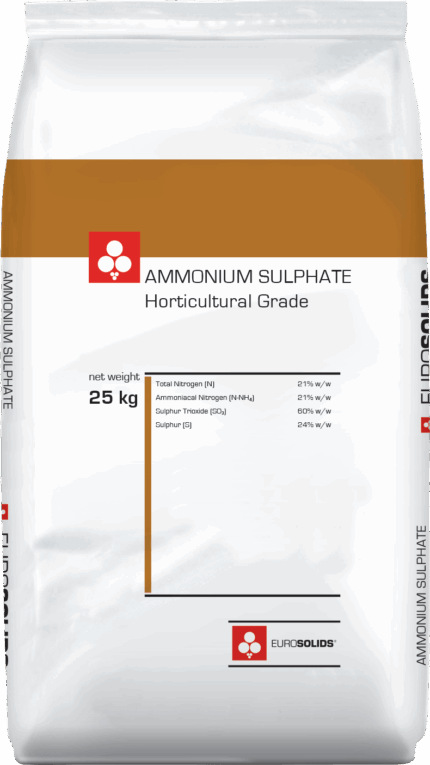
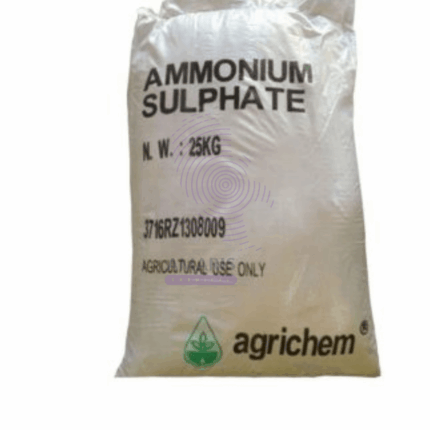
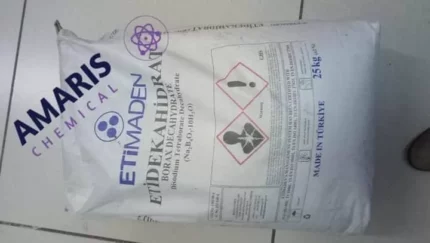
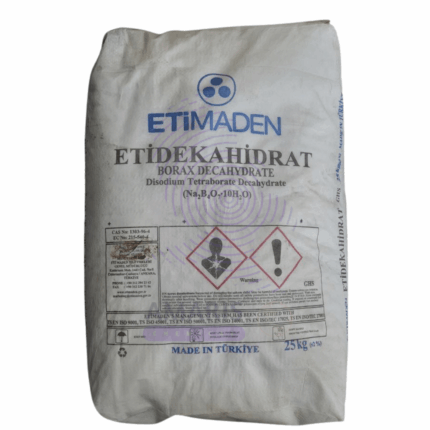
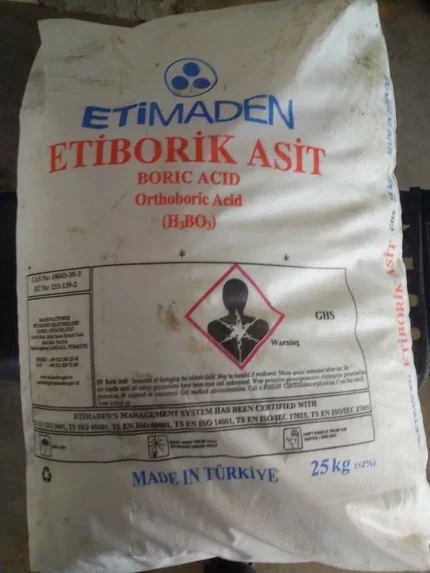

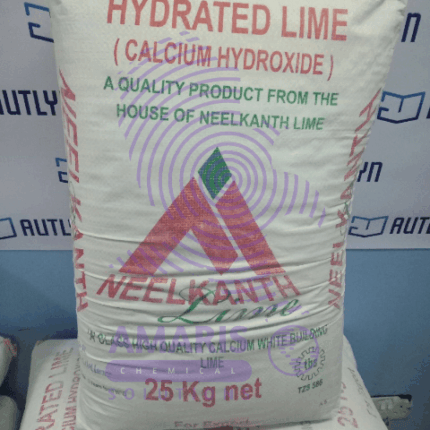
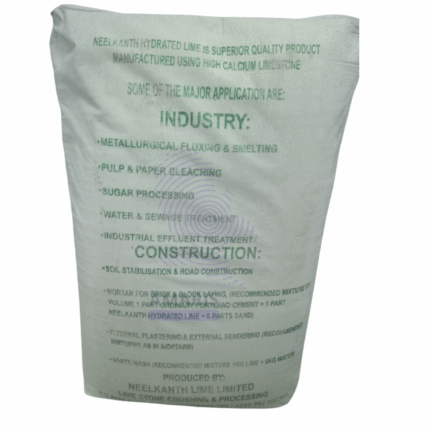
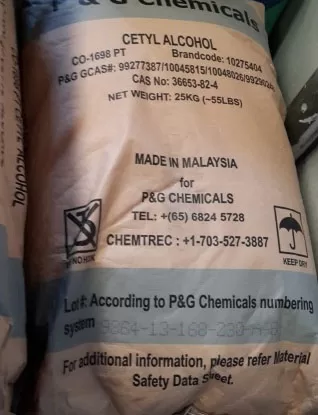













Reviews
There are no reviews yet.